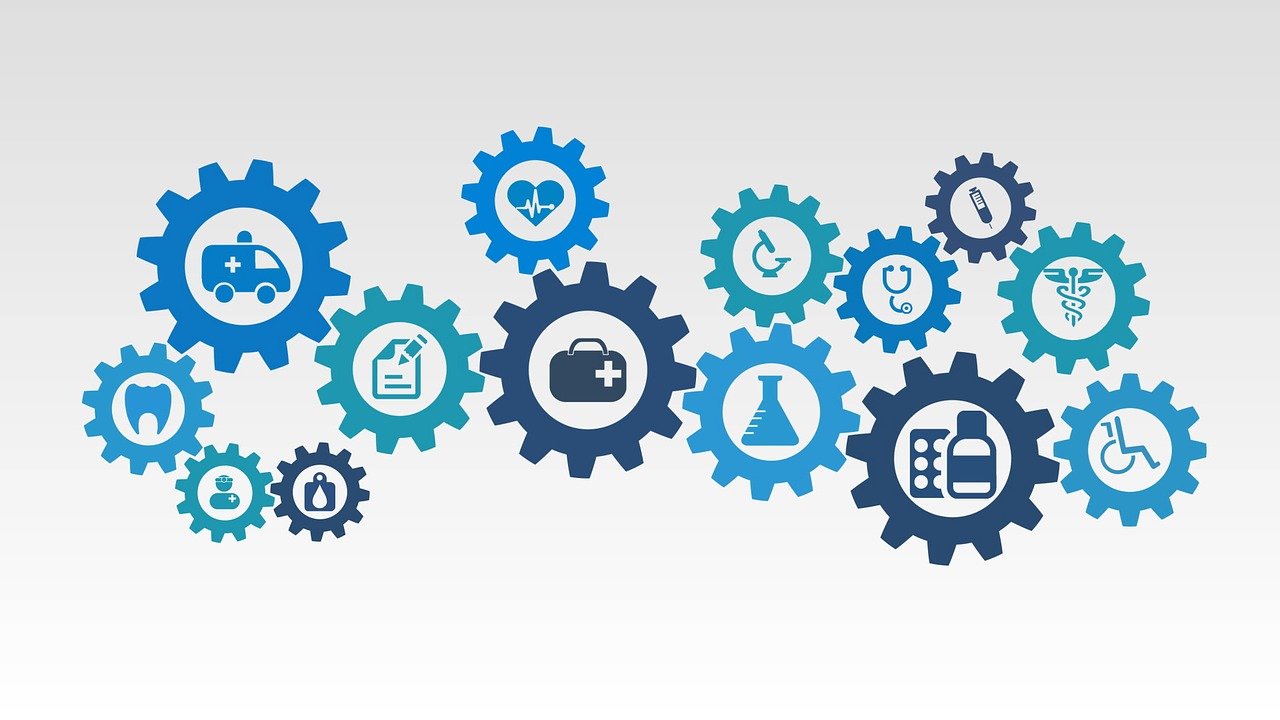
PeTRA
Person Transfer Robot Assistant
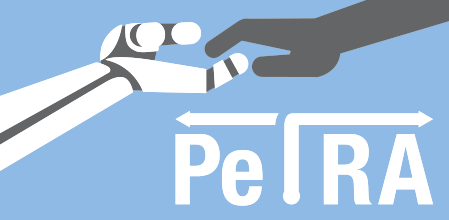
By implementing the “multi-mobility concept”, the patient's individual mobility is supported with the following benefits:
- Increasing autonomy and independence: patients are guided according to their abilities. No one has to get into a wheelchair: Even if slowly, with this system everyone can walk without the need for staff.
- Relieving the workload of nursing staff and increasing the quality of care: The personnel costs for patient transports in a 100-bed hospital can be estimated at 10 full-time positions. PeTRA systems can help to reduce the shortage of nursing staff and increase the quality of care, because the nursing staff have more time for the actual nursing activities.
- Timely and error-free pick-up/bringing the patients to examinations: By focusing on automated patient transfer, the adherence to schedules and the flow of the facility's internal processes are significantly improved.
- Mobility promotion through use as an accompanying assistant when going for a walk.
- Expandability of the concept for rehabilitation applications: PeTRA's robotic arm can also take on rehabilitation tasks in future developments.
Status
Ongoing project 02/2020 — 01/2023
Project consortium
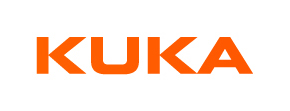

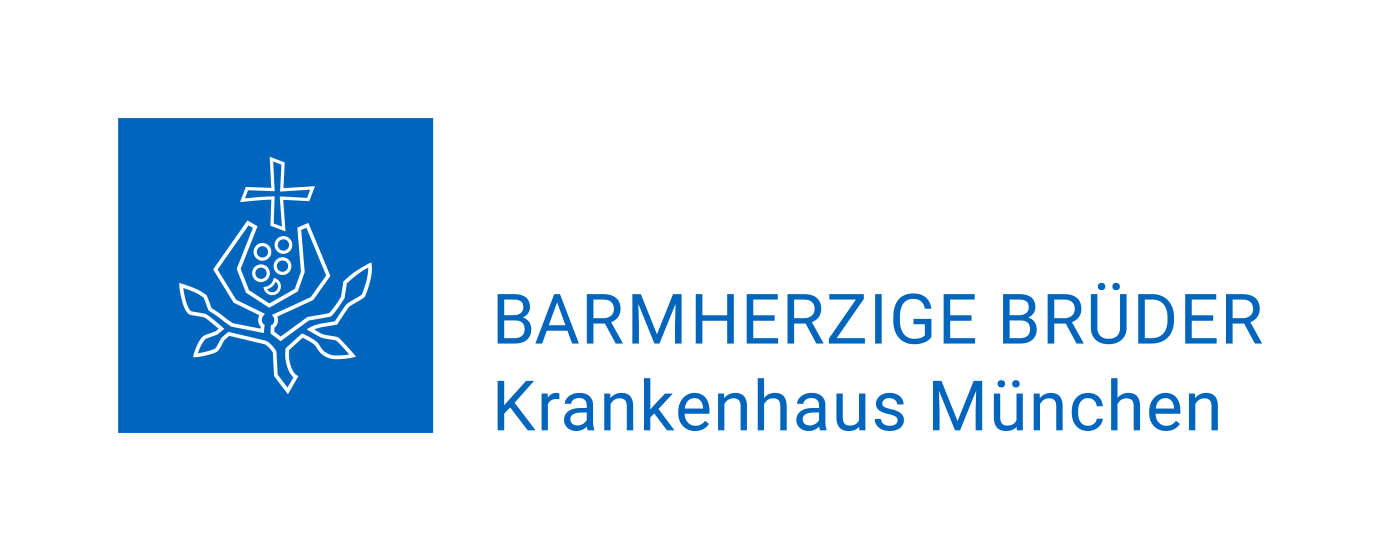



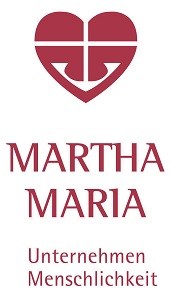
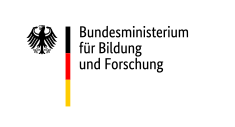
The project is funded by
Project funding within the framework of the BMBF announcement „Robotische Systeme für die Pflege“
Contact
Project manager
Prof. Dr.-Ing. Christian Wurll
Phone: +49 (0)721 925-1913
christian.wurll@h-ka.de